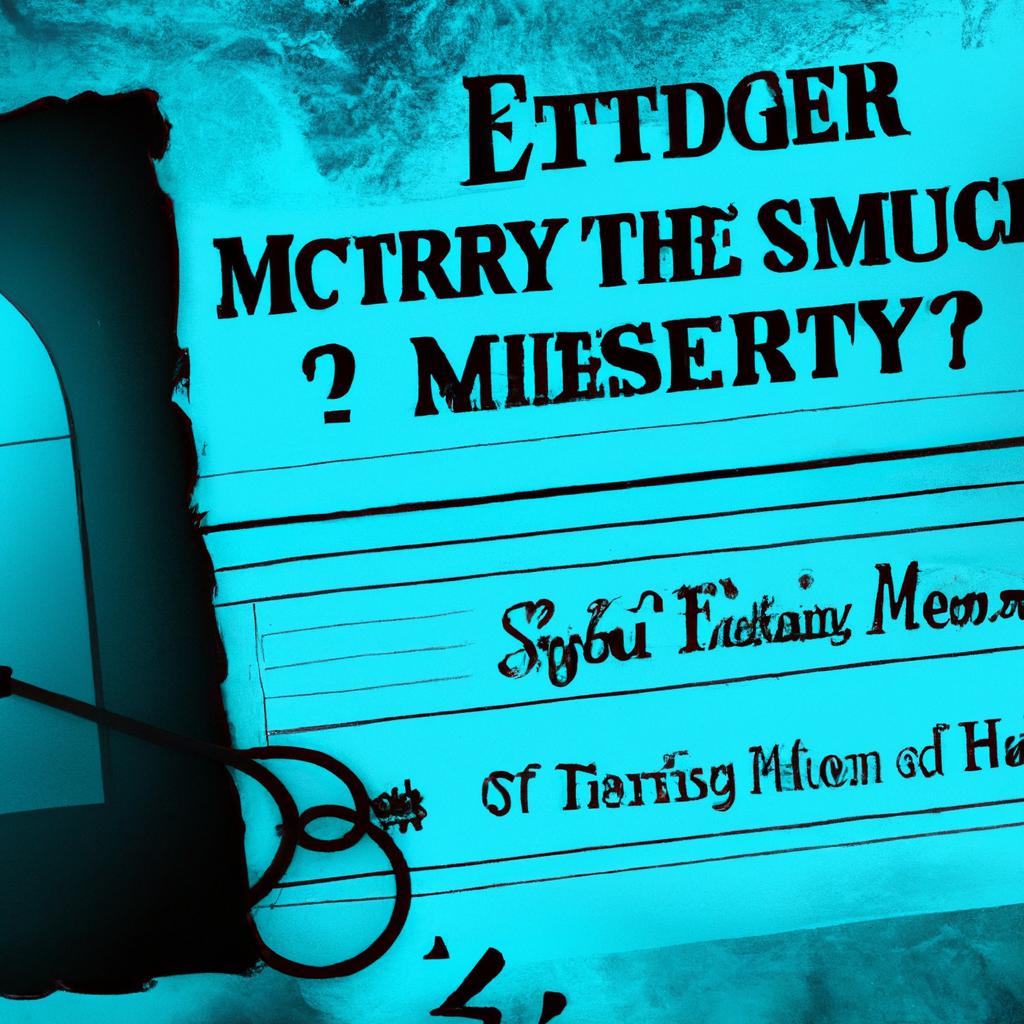When someone we care about dies, a death certificate is typically issued as a vital document to formally recognize and register the person’s demise. But what is the actual purpose of a death certificate, and why is it more than just a piece of paper? Let’s explore the various roles and importance of death certificates in our society.
Grasping the Significance of Death Certificates
Death certificates play a pivotal role in recording a person’s death and are necessary for several legal and administrative procedures. Here are some key elements of what death certificates are utilized for:
- Legal Proof: A primary role of a death certificate is to legally register and validate the death of a person. This document is indispensable for estate settlements, claiming life insurance payouts, and other legal proceedings.
- Data Collection and Research: Death certificates are also used to gather crucial statistics on death rates, causes of death, and population health trends. This data is vital for researchers and public health officials to study and address public health concerns.
- Genealogy and Ancestry: People interested in researching their family lineage often depend on death certificates to collect information about deceased family members. These documents can offer details such as the date and location of death, cause of death, and next of kin.
Necessity of Precise Information on Death Certificates
The correct information on death certificates is vital for several reasons. Firstly, death certificates are used for legal and administrative purposes, such as estate settlements, claiming life insurance policies, and managing pensions and benefits. Incorrect information on a death certificate can lead to delays and complications in these procedures. Furthermore, death certificates contribute significantly to public health and research, providing data on causes of death and aiding in the analysis of mortality trends.
Ensuring accurate information on death certificates is crucial for maintaining the integrity of vital statistics. These records are used by government agencies, researchers, and policymakers to make informed decisions and formulate public health policies. Inaccurate or incomplete information can lead to misleading conclusions and impact the distribution of resources for healthcare and public services.
Additionally, accurate information on death certificates is essential for genealogical research. Family members and genealogists depend on these records to trace their ancestry and fill in gaps in family history. Ensuring the accuracy of details such as dates, names, and cause of death can provide valuable insights into one’s heritage and medical history.
Legal and Economic Consequences of Death Certificates
When a loved one dies, one of the initial considerations is obtaining a death certificate. While this document may seem simple, it carries significant legal and financial implications that are important to comprehend.
Death certificates fulfill several important roles, including:
- Legal Proof: Death certificates are required for legal procedures such as probate, estate settlement, and life insurance claims.
- Social Security Benefits: The Social Security Administration requires a certified copy of the death certificate to cease benefits and initiate survivor benefits.
- Medical Research: Death certificates play a crucial role in public health by providing data for research and statistical purposes.
It is essential to keep multiple copies of the death certificate available to address the various legal and financial consequences that may arise following the death of a loved one. Understanding the importance of this document can help streamline the process of managing the deceased’s affairs and ensuring that all necessary steps are taken.
Guidelines for Acquiring and Preserving Death Certificates
Claiming Benefits:
A primary reason death certificates are necessary is for claiming benefits such as life insurance, social security benefits, pensions, and retirement funds. These organizations typically require an official death certificate as proof of the individual’s death before releasing any funds.
Settling Affairs:
When a person dies, their estate needs to be settled, which involves transferring ownership of assets, closing accounts, and paying off debts. Death certificates are necessary for proving the individual’s death during this process.
Genealogical Research:
For those interested in researching their family history, death certificates can provide valuable information about their ancestors. Details such as cause of death, place of burial, and next of kin can help fill in missing pieces of the family tree.
Conclusion
Death certificates serve as vital documents that provide important information about an individual’s death. From assisting in legal matters to helping track public health trends, these certificates play a pivotal role in our society. Understanding the importance of death certificates can help us appreciate the significance of documenting and honoring the lives of those who have passed on. The next time you encounter a death certificate, remember the valuable role it plays in preserving the memory of those we have lost.

The Many Faces of Death Certificates
Death certificates are commonly associated with somber occasions, serving as official documents that record the passing of a loved one. However, these seemingly mundane pieces of paper hold a wealth of valuable information that goes beyond just documenting a death. Let’s explore some surprising and lesser-known uses of death certificates that can provide insights and benefits beyond their traditional purpose.
Benefits and Practical Tips
- Genealogical Research: Death certificates are invaluable resources for tracing family histories and building family trees. They provide essential details such as the deceased person’s birth date, place of birth, parents’ names, and cause of death.
- Legal Matters: Death certificates are often required for legal purposes, such as executing wills, claiming life insurance benefits, and settling estates. Having a certified copy of a death certificate can expedite these processes.
- Medical Research: Researchers and healthcare professionals use death certificates to study trends in mortality rates, identify public health issues, and improve medical practices. The cause of death recorded on a death certificate can provide valuable data for statistical analysis.
Case Studies
Let’s take a look at some real-life examples of how death certificates have been used in unexpected ways:
Case Study 1: Uncovering Family Secrets
When Sarah discovered her great-grandmother’s death certificate, she was shocked to learn that her cause of death was listed as “suicide by drowning”. This revelation led Sarah to delve deeper into her family history and uncover a long-buried family secret that had been kept hidden for generations.
Case Study 2: Solving a Medical Mystery
Dr. Smith, a forensic pathologist, used death certificates to track a sudden rise in deaths attributed to a rare disease in a small town. By analyzing the information provided on the death certificates, Dr. Smith was able to identify the source of the outbreak and implement a targeted public health intervention to contain the spread of the disease.
Firsthand Experience
As a genealogy enthusiast, I have personally experienced the power of death certificates in unraveling the mysteries of my family’s past. Each death certificate I have obtained has provided a unique puzzle piece that has helped me piece together the intricate tapestry of my family tree.
Exploring the Hidden Gems
Next time you come across a death certificate, don’t just file it away as a mere formality. Take a closer look and see beyond the surface – you may uncover a hidden gem of information that could shed new light on a long-forgotten story. Death certificates are not just records of endings; they are gateways to new beginnings and untold narratives waiting to be discovered.
| Name | Birth Date | Cause of Death |
|---|---|---|
| John Smith | January 15, 1950 | Heart Attack |
| Mary Johnson | March 22, 1965 | Complications from Diabetes |
Unlock the mystery of death certificates and discover the hidden stories that lie within these seemingly ordinary documents. Embrace the unexpected uses of death certificates and unlock a treasure trove of information that can provide valuable insights and enrich your understanding of the past.


